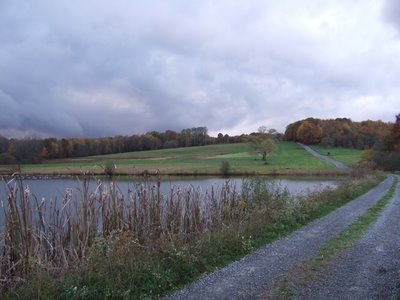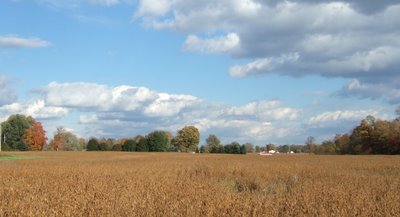Lay not up for yourselves treasures upon earth, where moth and rust doth corrupt, and where thieves break through and steal. But lay up for yourselves treasures in heaven, where neither moth nor rust doth corrupt, and where thieves do not break through nor steal. For where your treasure is, there will your heart be also.Jesus ChristThe heart with the treasureA very challenging meditation where George MacDonald shows that the danger of earthly treasure is not the transitory nature of those things in themselves, but in their effect on the human heart: the way this treasure ravages the heart that links itself to it. To understand the words of our Lord is the business of life. For it is the main road to the understanding of The Word himself. And to receive him is to receive the Father, and so to have Life in ourselves. And Life, the higher, the deeper, the simpler, the original, is the business of life…
What, I ask now, is here the power of his word
For: For where your treasure is, there will your heart be also? The meaning of the reason thus added is not obvious upon its surface. It has to be sought for because of its depth at once and its simplicity. But it is so complete, so imaginatively comprehensive, so immediately operative on the conscience through its poetic suggestiveness, that when it is once understood, there is nothing more to be said, but everything to be done.
“Why not lay up for ourselves treasures upon earth?”“Because there the moth and rust and the thief come.”
“And so we should lose those treasures!”“Yes; by the moth and the rust and the thief.”
“Does the Lord then mean that the reason for not laying up such treasures is their transitory and corruptible nature?”“No. He adds a
For: ‘For where your treasure is, there will your heart be also.’”
“Of course the heart will be where the treasure is; but what has that to do with the argument?”This: that what is with the treasure must fare as the treasure; that the heart which haunts the treasure-house where the moth and rust corrupt, will be exposed to the same ravages as the treasure, will itself be rusted and moth-eaten.
Many a man, many a woman, fair and flourishing to see, is going about with a rusty moth-eaten heart within that form of strength or beauty.
“But this is only a figure.”True. But is the reality intended, less or more than the figure? Does not the rust and the moth mean more than disease? And does not the heart mean more than the heart? Does it not mean a deeper heart, the heart of your own self, not of your body? of the self that suffers, not pain, but misery? of the self whose end is not comfort, or enjoyment, but blessedness, yea, ecstasy? a heart which is the inmost chamber wherein springs the divine fountain of your being? a heart which God regards, though you may never have known its existence, not even when its writhings under the gnawing of the moth and the slow fire of the rust have communicated a dull pain to that outer heart which sends the blood to its appointed course through your body? If God sees that heart corroded with the rust of cares, riddled into caverns and films by the worms of ambition and greed, then your heart is as God sees it, for God sees things as they are. And one day you will be compelled to see, nay, to feel your heart as God sees it; and to know that the cankered thing which you have within you, a prey to the vilest of diseases, is indeed the centre of your being, your very heart.
Nor does the lesson apply to those only who worship Mammon, who give their lives, their best energies to the accumulation of wealth: it applies to those equally who in any way worship the transitory; who seek the praise of men more than the praise of God; who would make a show in the world by wealth, by taste, by intellect, by power, by art, by genius of any kind, and so would gather golden opinions to be treasured in a storehouse of earth…
He whose heart is sound because it haunts the treasure-house of heaven may be tempted of the devil, but will be first led up of the Spirit into the wilderness.
Selah.













